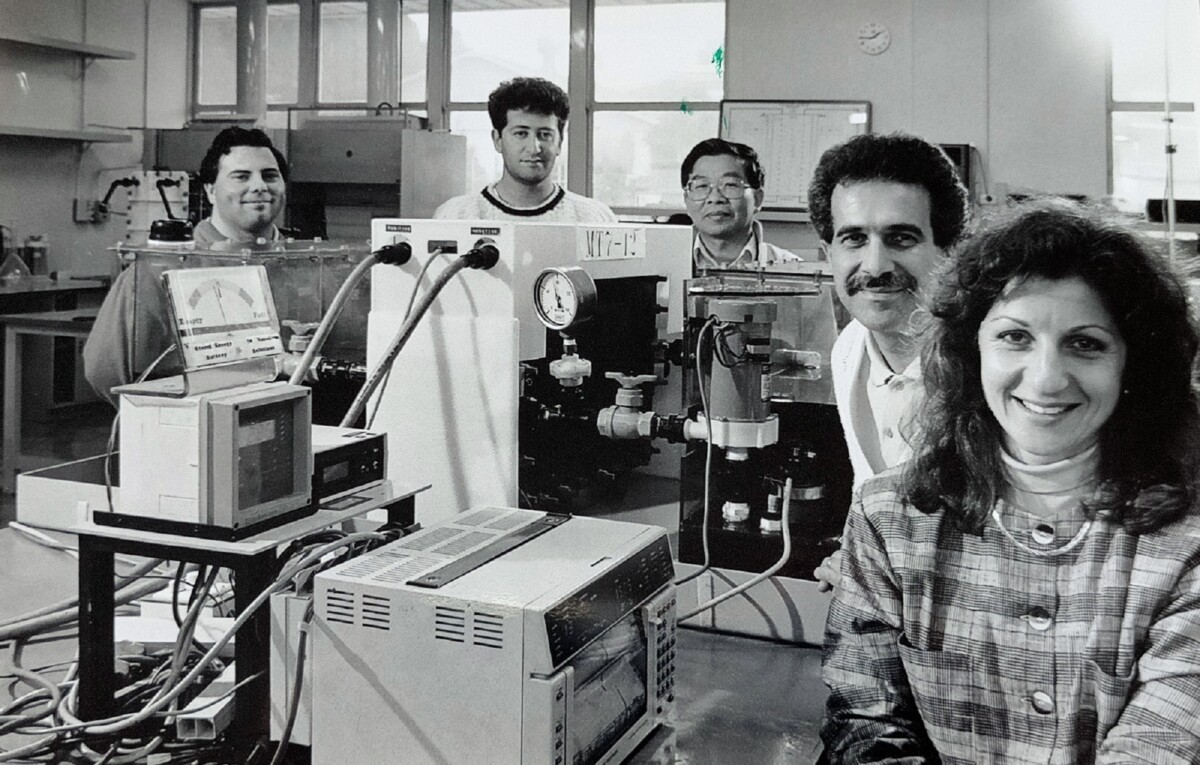UNSW Innovation Symposium to explore VFB supply chain

On October 15 and 16, Emeritus Professor Maria Skyllas-Kazacos and her team at UNSW Sydney will host the 40th Anniversary Flow Battery Innovation Symposium.
Since the first 1kW vanadium flow battery (VFB) was built at UNSW, the technology has significantly evolved with systems now being installed internationally at capacities into gigawatt hour scale.
This scale up of flow battery deployments signals a major shift in the global energy landscape as countries turn to long-duration energy storage to support renewable power sources.
The symposium will bring together key players across the flow battery supply chain, including researchers, industry leaders and government stakeholders to promote understanding of the latest advancements, challenges and opportunities in flow batteries.
It will also feature presentations and discussions that showcase current developments in flow battery technology, commercialisation efforts and Australia’s emerging leadership in the field.
Due to its significant vanadium reserves and expertise in renewable energy technologies, Australia is poised to lead the way in the development and manufacturing of flow batteries.
By capitalising on its vanadium resources, Australia can develop a domestic flow battery manufacturing sector that ensures both energy security and economic growth.
Professor Skyllas-Kazacos commented on the use of VFBs.

“The vanadium flow battery offers a unique solution to the energy storage needs of renewable sources like solar and wind,” she said.
“Unlike traditional batteries, flow batteries store energy in electrolyte solutions, allowing for flexible and scalable energy storage at lower costs for long-duration applications.
“Australia is ideally please to become a major manufacturer of flow batteries, both for domestic use and for the international market.”
VFBs are gaining in popularity for their ability to provide safe, reliable and long-duration energy storage.
Compared to traditional lithium-based batteries, flow batteries are non-flammable, non-explosive and highly scalable, making then an ideal solution for stabilising the power grid in a renewable energy-driven future.






















